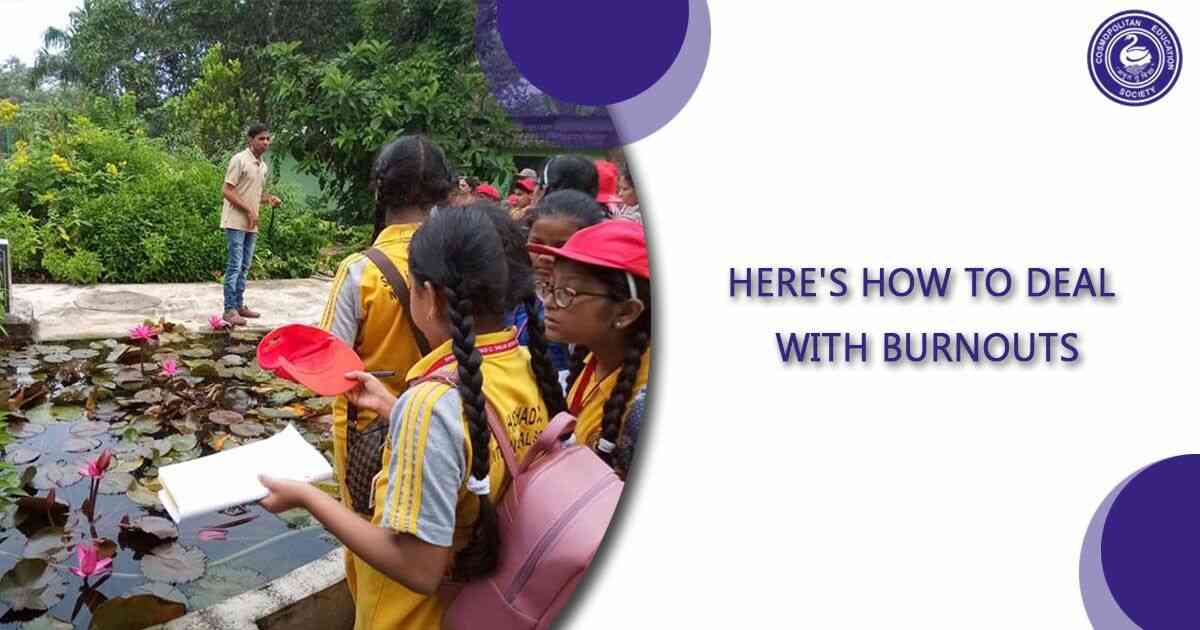Here’s How To Deal With Burnouts

From your journey in kindergarten until 12th grade, students are expected to understand how to study
Whether working or studying from home or not, many people are feeling burned out during this coronavirus pandemic. A renowned survey revealed that nearly 90% of participants in more than 40 countries felt that their work lives and from home studies made them experience burnout very often.
It’s important to address these burnouts because it has serious consequences not only in adults but also for a children’s mental health. Factually, it’s a risk factor for depression, substance abuse and in the worst case even suicide. Burnout can also be contagious and often affects entire workplaces or households.
Top 3 tips to handle burnouts successfully
1. Spot the signs of burnout and regain some control:
The most efficient way to catch the early signs is to make a daily practice of self-talk daily. It is a good idea to ask yourself multiple times during your workday/study day, “How are you feeling?” It can also be a great idea to keep note of your moods throughout the day.
For Example, TV time after lunch makes you feel rejuvenated, you feel drained out when a neighbor asks you for constant help. These mood patterns keeping in mind the situation will make you find more meaning. When you lose control is even one factor you’re close to reaching a burnout state. Therefore, knowing those things can help you find ways to reduce the more stressful parts in your day or find ways to buffer the stressful bits with things you enjoy.
2. Identify exhaustion time and take breaks:
A heavy study day is another big risk factor for burnout. Also, the attention span of children while studying has been diminishing due to the introduction of too many distractions. You need to be practical to avoid distractions in your day-to-day life. If you are overboard with too many things to do we recommend following a planner. Here, you ideally prioritize tasks as per importance and timelines to streamline your day in order to push some non-critical tasks to the next day. If you plan to complete all tasks in one day you won’t be able to give justice to each task.
Additionally, It is important to take breaks often says many renowned psychiatrists and well-being coaches. It is important to ensure we are resting and calming our brain down because brains aren’t designed to work this hard, this long, chronically. And hence taking those 5-10 minutes in an hour or one day a week to your ability to rejuvenate is going to be a big part of dealing with an over an exhaustive day.
3. You need to address burnout:
Due to the pandemic in the world, it doesn’t seem like it’s going to get all fine in years. You have to deal with the work from home and study from home culture. The best thing to do whilst in such a situation is to talk about it to someone. The absence of reward or recognition while your on an online lecture and lack of social support or a sense of community can increase the risk of burnout.
Summing up:
Burnout is natural, but when ignored can turn ugly. Hence, we at Shri. Harshad C. Valia International School (CBSE) believe that by being transparent (talking about burnout often) and compassionate(understanding each childs case is different), we are building the sense that we are in this together and we are going to get through this together.

